Relationship database management has become a crucial component of the business workings of many multinationals around the world. They use it to store, manipulate, and retrieve data instantly and in enormously large amounts.
Two of the biggest relationship database management systems are MySQL and MariaDB. This article discusses what these two basically are, their pros and cons, and ultimately what should be chosen over the other.
In this article we will cover all about MySQL Vs MariaDB, there is to know about both the relational database management systems. We will cover the following topics in this blog –
What is MySQL?
MySQL is an open-source relational database management system (RDBMS). Its name is a blend of “My”, the name of prime supporter Michael Widenius’ little girl, and “SQL”, the abbreviation for Structured Query Language.
The MySQL improvement extend has made its source code accessible under the terms of the GNU General Public License, and under an assortment of restrictive understandings. MySQL was possessed and supported by a solitary revenue-driven firm, the Swedish Organization MySQL AB, now claimed by Oracle Corporation. For exclusive use, a few paid releases are accessible and offer extra usefulness.
Applications that utilize the MySQL database include TYPO3, MODx, Joomla, WordPress, phpBB, MyBB, and Drupal. MySQL is likewise utilized as a part of some prominent, vast scale sites, including Google, Facebook, Twitter, Flickr, and YouTube.
Pros of MySQL
- More Investment: Since the securing, Oracle has expanded the MySQL staff and given it a more develop designing procedure where building and arranging are driven from Oracle rather than individuals scattered over the world. MYSQL utilizes InnDB as its real stockpiling motor. InnoDB is additionally part of the Oracle family, which makes advancement groups significantly more coordinated.
- Solid Product: Open-source advocates gripe that new code in MySQL 5.5 doesn’t have test cases and that a portion of the endeavour highlights in rendition 5.5 is shut source. Still, MySQL 5.6 was generally welcomed as a strong, well-performing item with various new components. A standout amongst the most striking changes? Going from 4 CPU strings to 64 CPU strings, which about tripled the number of simultaneous associations from earlier forms. Oracle additionally put in two years discharging Development Milestone Releases (DMR) to the MySQL Community for testing and criticism.
- Increased Projects: A MySQL Architect at Oracle said in his blog that Oracle has new groups taking a shot at exceptional tasks for MySQL. There are gatherings working at the grouping programming, sensibility, database calculation enhancement, replication, and versatility.
Cons of MySQL
- Not as Mature: MySQL did not begin as an RDBMS (relationship database management system), yet later altered course to include more usefulness. Some more develop RDBMS, as PostgreSQL, are viewed as more component rich. Close source choices, similar to Oracle or Microsoft SQL Server, are additionally other options to consider.
- Open Source: Actually, MySQL is an open-source database, however practically speaking, it no more feels like it. Under Oracle’s umbrella, MySQL now has restrictive, shut source modules. Oracle’s claimed foot-delaying advancement and refusal to discharge test cases for bugs and security patches is making numerous open-source designers set out toward the slopes
- Oracle-Owned: MySQL hasn’t altered course drastically since it was procured by Oracle, however, Oracle still claims it, which makes a few designers apprehensive. Why? Oracle does not acknowledge fixes or give an open guide.
What is MariaDB?
MariaDB is a group created a fork of the MySQL relational database management system planned to stay free under the GNU GPL. It is outstanding for being driven by the first designers of MySQL, who forked it because of worries over its procurement by Oracle. Contributors are required to impart their copyright to the MariaDB Foundation.
MariaDB means to keep up high similarity with MySQL, guaranteeing a “drop-in” supplanting capacity with library twofold equivalency and correct coordinating with MySQL APIs and commands.
It incorporates the XtraDB stockpiling motor for supplanting InnoDB, and also another capacity motor, Aria, that expects to be both a value-based and non-value-based motor maybe even incorporated into future adaptations of MySQL.
MariaDB’s API and convention are perfect with those utilized by MySQL, in addition to a few elements to bolster local non-blocking operations and advance reporting. This implies all connectors, libraries, and applications which work with MySQL ought to likewise take a shot at MariaDB regardless of whether they bolster its local components. On this premise, Fedora engineers supplanted MySQL with MariaDB in Fedora 19, out of worries that Oracle is making MySQL a more shut programming venture.
Pros of MariaDB
- MariaDB has better inquiry execution.
- MariaDB has a greater amount of open source code.
- Changing to MariaDB is simple.
- Galera execution is better in MariaDB.
- MariaDB is accessible as an alternative with some facilitating situations, as RackSpace Cloud.
- MariaDB drops as a matter of course with some distros, similar to the Red Hat arrangement.
Cons of MariaDB
- Changing back from MariaDB to MySQL may not be so natural.
- On the off chance that you are utilizing AWS, Amazon Aurora might be much quicker than MariaDB and MySQL.
- Your Operating System may not bolster MariaDB yet.
- Percona might be a far and a way superior choice than MariaDB
In conclusion, your circumstance ought to figure out if you pick MariaDB over MySQL. In the event that you have a contract with Oracle, then the decision has as of now been made; they don’t facilitate MariaDB. In any case, a few organizations, for example, SkySQL, offer full 24/7 support for both MariaDB and MySQL.
MariaDB trails behind the most recent authority MySQL form by anyplace from a couple of weeks to a couple of months, depending upon how huge the progressions are between variants.
On the other side, MariaDB incorporates numerous components you may discover valuable that you won’t discover in MySQL, and MariaDB, in the long run, will have any new elements presented after they’ve been considered and tried broadly.
There is no single better option and picking one over the other is totally dependent on one’s situation and needs. Both of these systems offer enormous benefits and choosing one over the other should be done after extreme care and consideration. MariaDB vs MySQL will forever be raging battle and it’s up to you to pick the right side.

I am a Co-Founder at WPOven INC currently living in Vancouver, Canada. My interests range from Web Development to Product development and Client projects. I am also interested in web development, WordPress, and entrepreneurship.

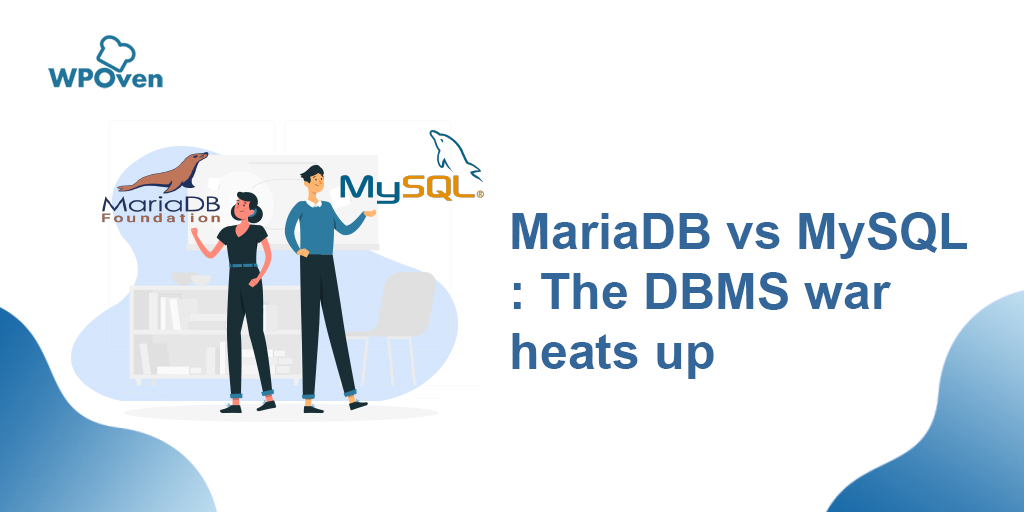
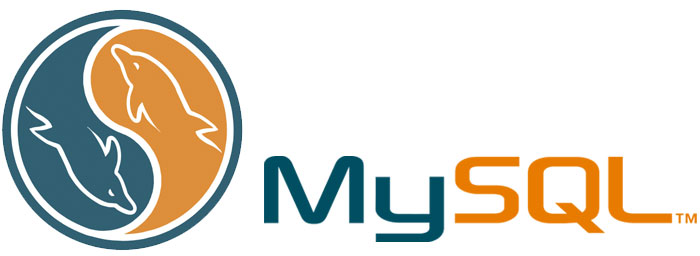

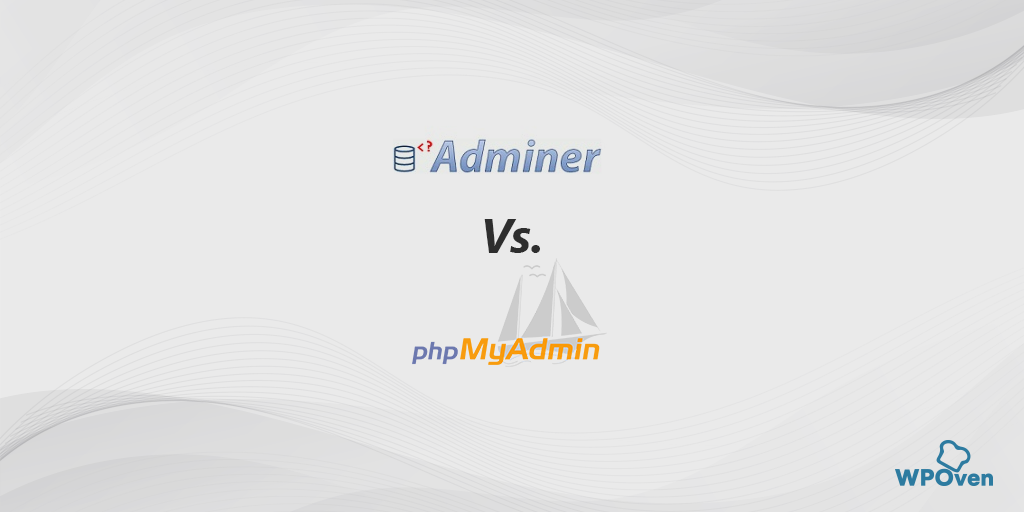
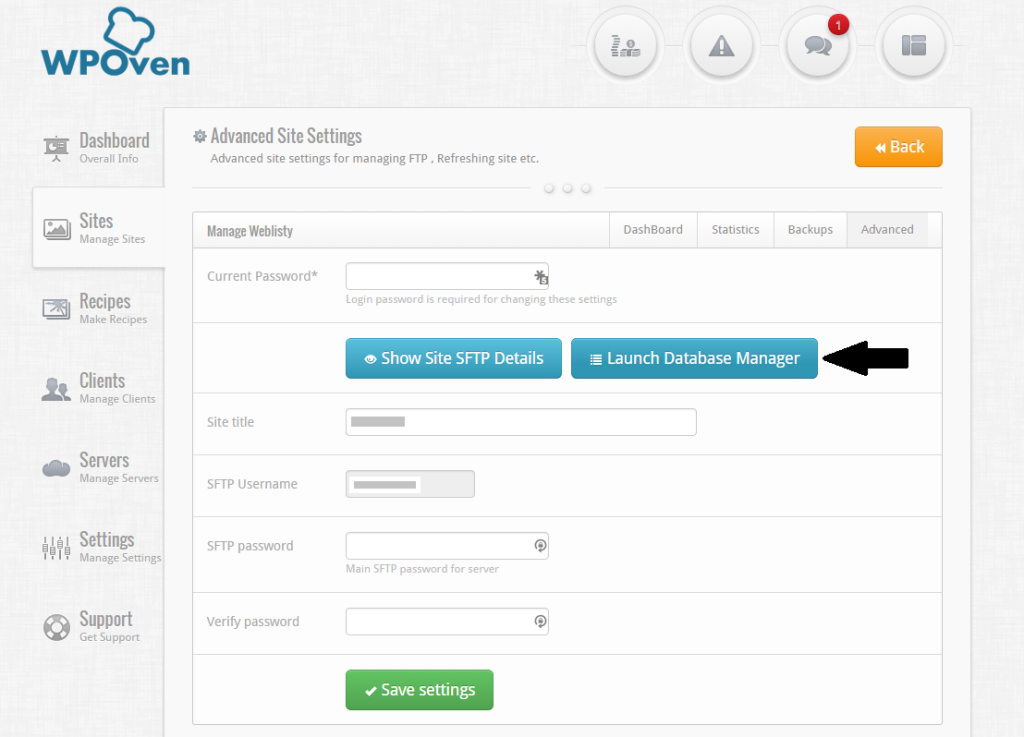
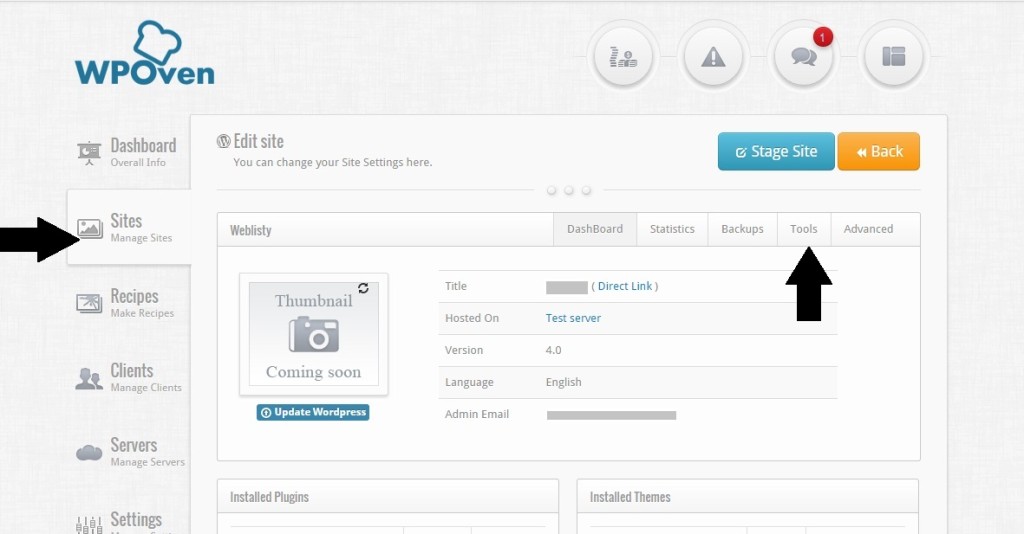
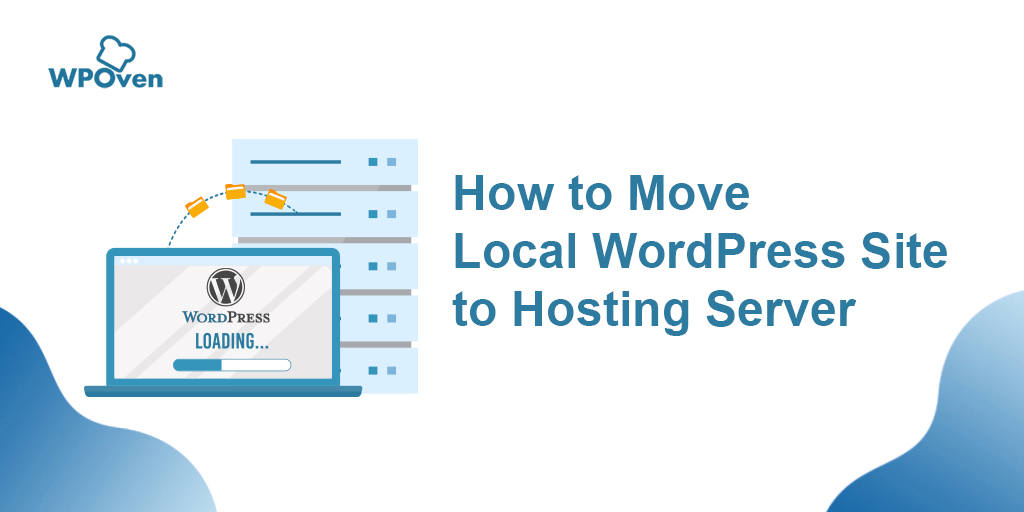
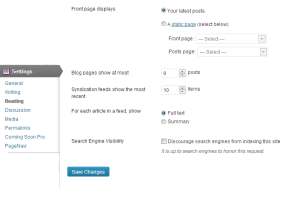
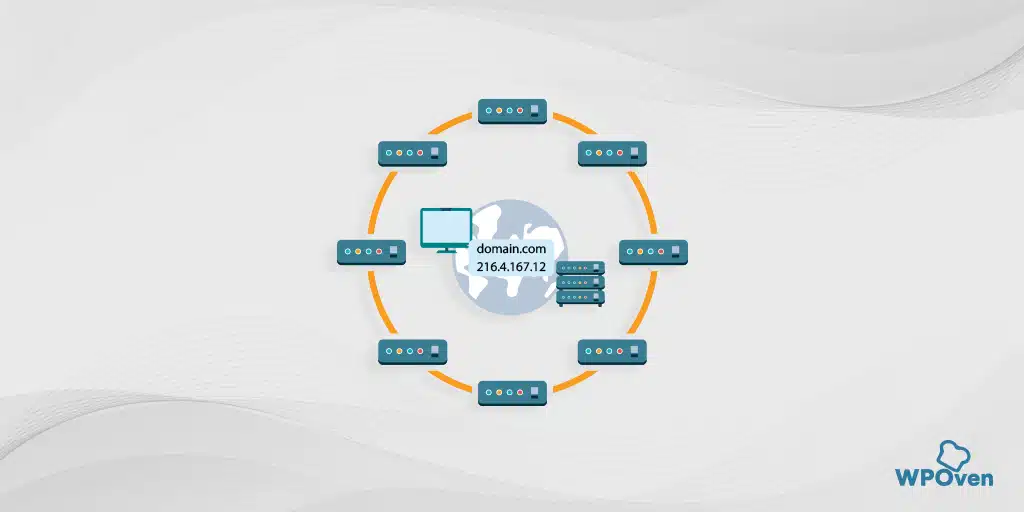

Great share!
Does MariaDB also make use of 64 cpu threads or is still at 4 cpu threads?
Yes!
I Like the Information that you share…